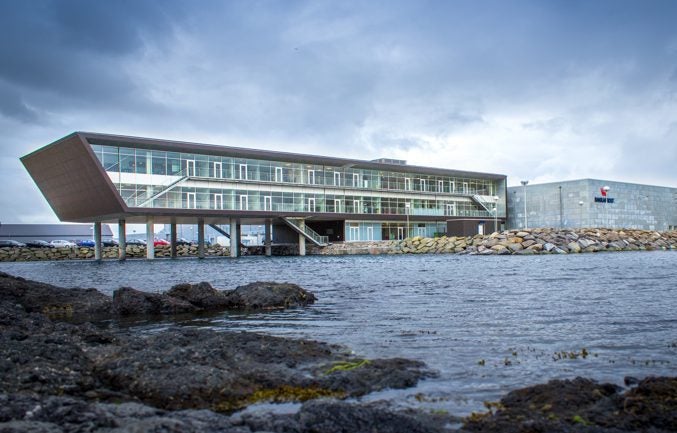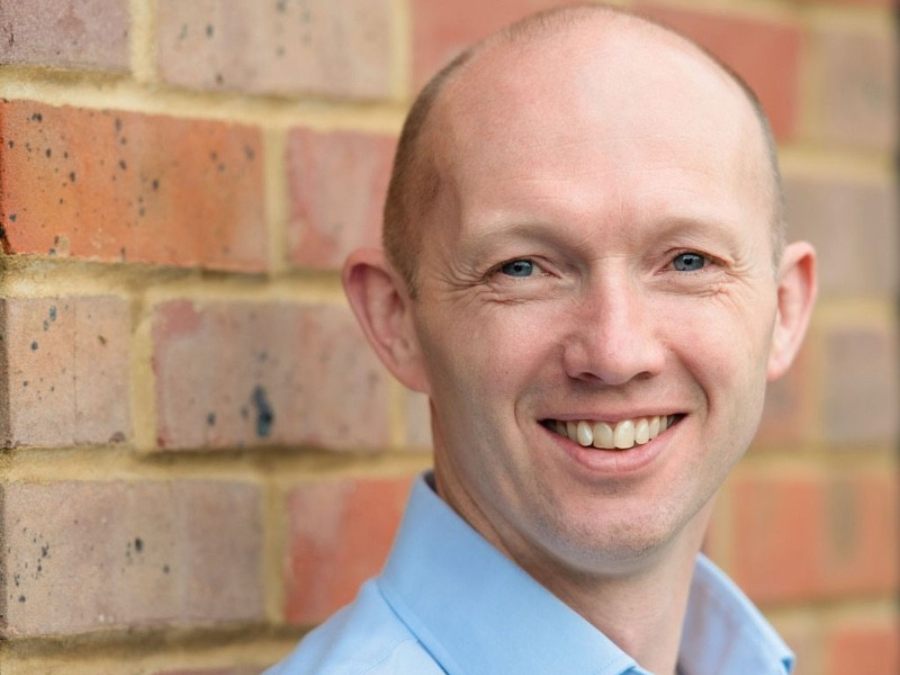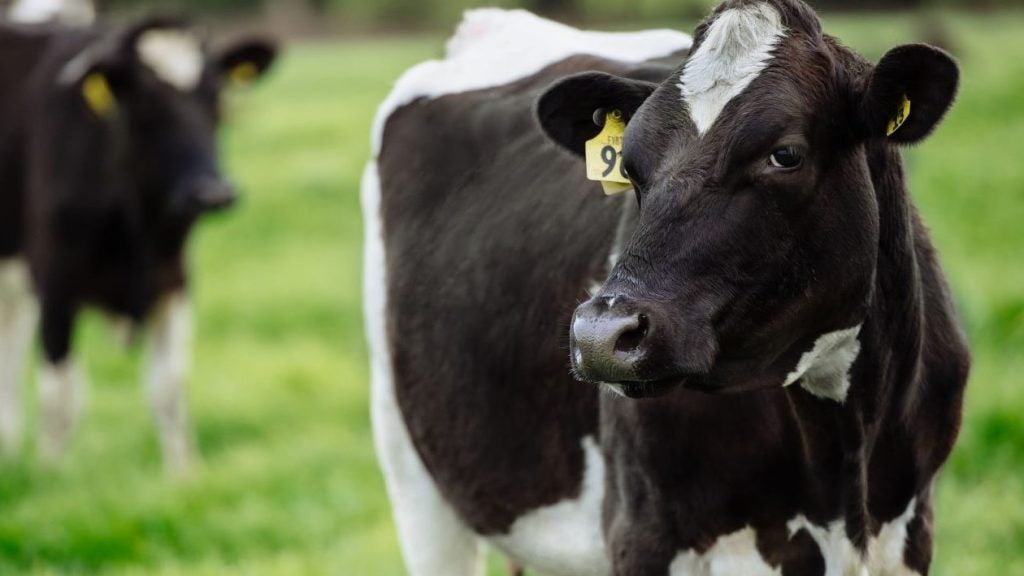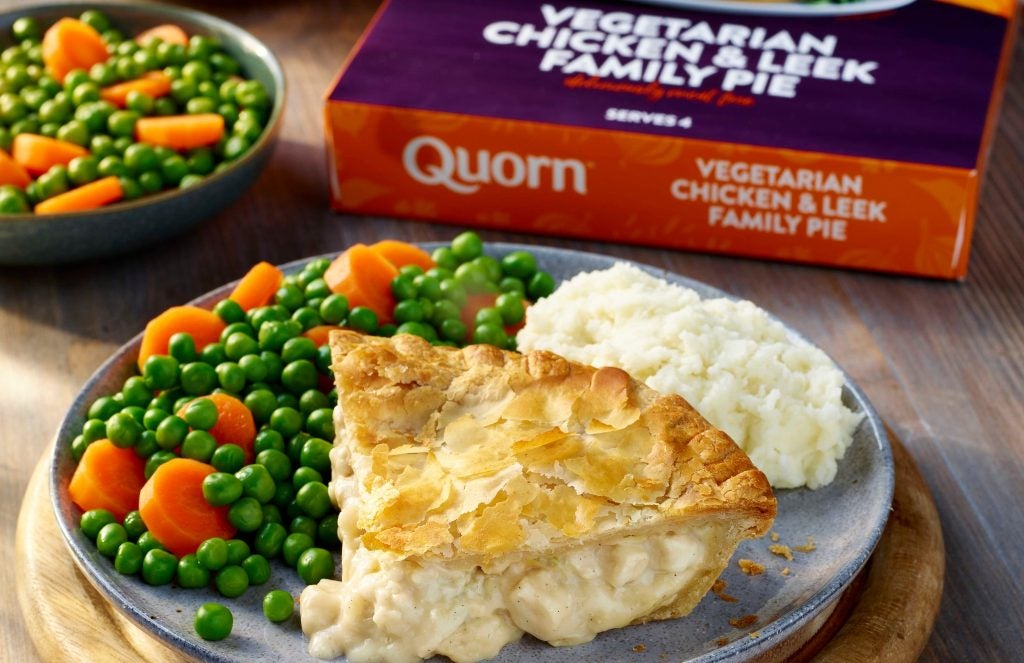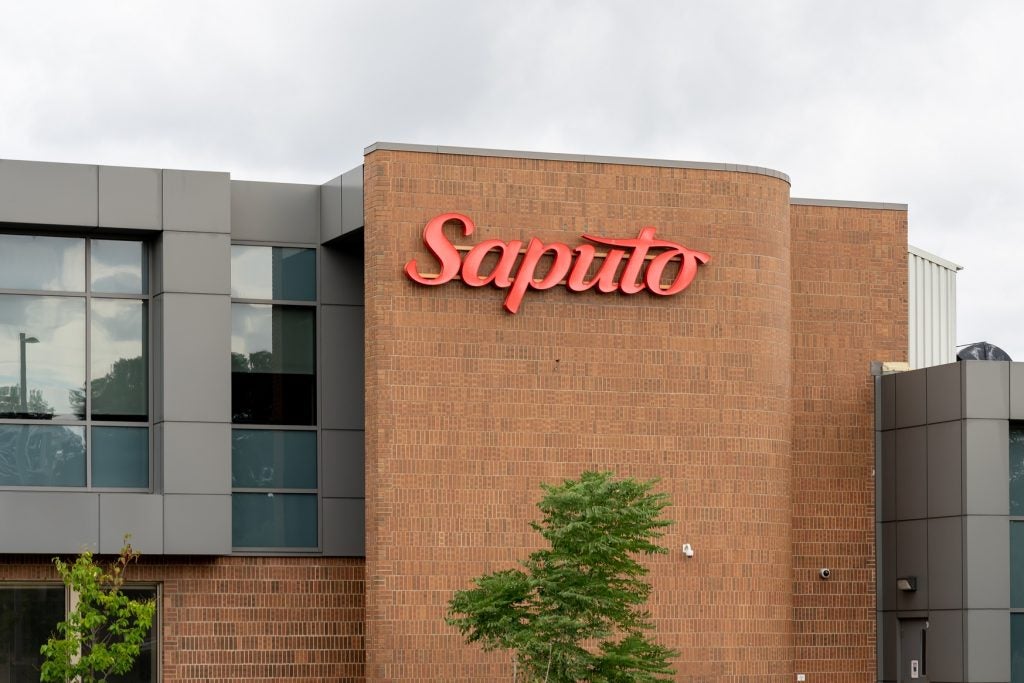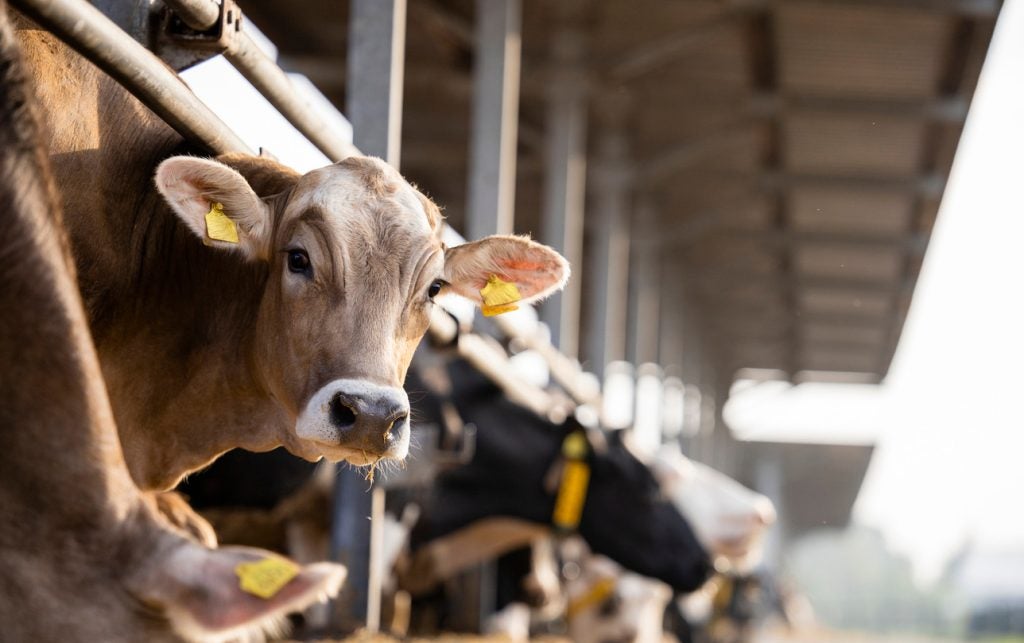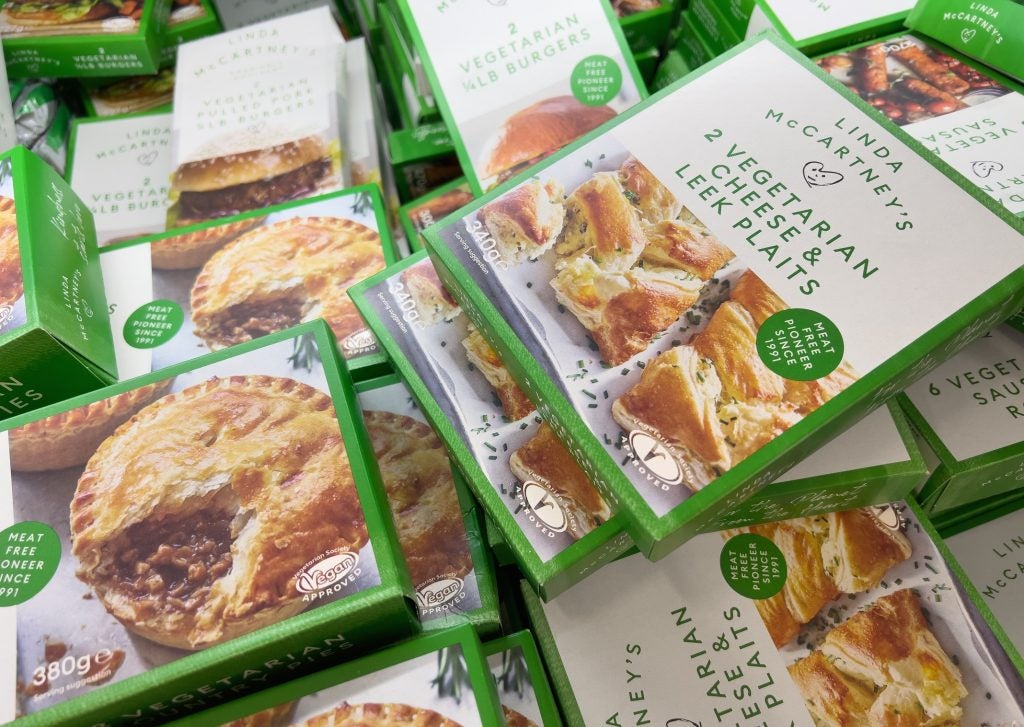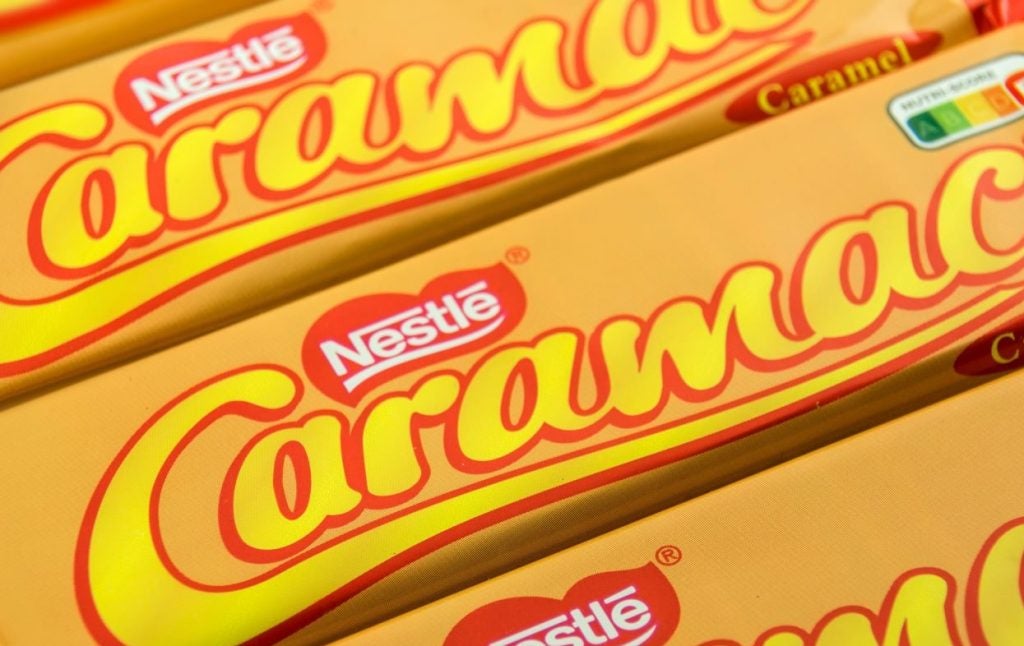Salmon producer Bakkafrost has cut 140 contractual roles across its value-added products business (VAP), while at the same time announcing its investment in a new smolt hatchery in the Faroe Islands.
The company’s VAP unit focuses on preparing packaged fish products to sell to retail.
Bakkafrost said it has signed contracts for 2024 that cover approximately 9% of predicted harvest volumes in both the Faroe Island and Scotland, in comparison to 22% last November.
The decision to cut some of its VAP contracts was made following the recent increase in Faroese revenue tax on salmon farming, the company said.
On 1 August 2023, the Faroese government raised the applicable tax rate range for the industry to up to 20%.
Just Food has contacted Bakkafrost for information about which of its VAP sites will be affected, and how the decision might impact future production.
Regin Jacobson, CEO of Bakkafrost, said in a statement: “We hoped that we could agree a sufficient amount of long-term contracts, so we could keep all our employees. But the conditions have changed, especially since the new revenue tax has been implemented.
“We had also hoped that new political changes would come in time as promised, but unfortunately we were let down”.
Alongside its redundancies, the company has also signed a new contract for the construction of a new smolt (baby salmon) hatchery in Skálavík in the Faroe Islands, which will feature a “recirculating aquaculture system”.
The initiative is said to be part of the company’s DKr6.3bn ($904m) investment plan for 2024-2028, which also includes the recent expansions of its hatcheries in Glyvradal, Norðtoftir and Viðareiði.
Bakkafrost has partnered with fish farming technology provider Nofitech to build the new space.
The hatchery is predicted to be operations from the end of 2026 and will span 28,600 cubic metres.
Bakkafrost estimates the Skálavík facility will help its annual smolt production reach around 6.5m smolt of 500g.
The company plans to use the same design and technology across its smolt hatcheries to help “achieve standardisation and knowledge sharing in the freshwater department”.
Jacobson said the new hatchery would help the company “reduce biological risk, improve efficiency and increase organic growth”. He added the move was “yet another important step towards farming salmon for a longer period on land”.
In its latest financial report, Bakkafrost booked a 0.4% fall in third-quarter operating revenue compared to 2022 but it recorded a year-to-date increase of 7.5%.


